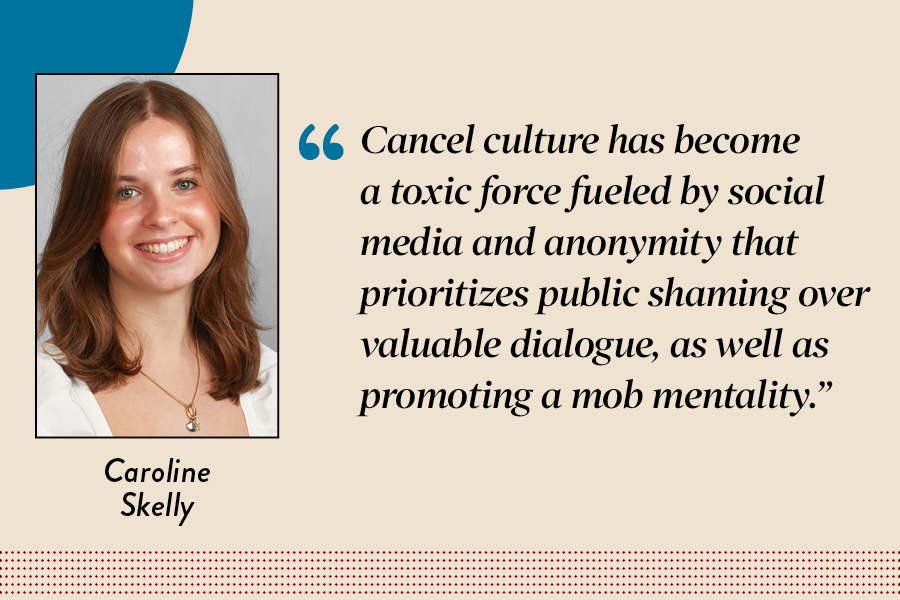January sees one of the biggest rises in gym membership each year. The reason is clear: gym, workout and fitness-related plans are a go-to New Year’s resolution for many, each year. And yet, after a few days, weeks or months, people find themselves less motivated to continue their yearly goals.
The key to building and maintaining resolutions is designing a doable, rewarding goal that is personalized to you that you can build upon as the year progresses.
Liz Smith, a yoga teacher and studio owner, recommends working up to a more complicated resolution in order to build your confidence and prolong your resolution.
“Start small. Instead of setting a goal to work out every day, plan to do so once a week in January and February. Then up it to twice a week if it feels manageable in March,” she said. “You can keep building toward a final goal incrementally while ensuring that you feel successful. This provides time to build confidence, establish sustainable habits, and sets one up for success.”
Similarly to Ms. Smith, Kris LoBue thinks that working up to larger fitness goals is the key to maintaining a resolution. Ms. LoBue is a personal trainer who recommends making very achievable resolutions that can be easily accomplished in a day.
“Don’t set the expectation too high,” she said. “Make a list of things you want to work on. Make sure you do them three times a week, then work your way up to more.”
Hannah McCarrell, U-High’s personal trainer, thinks that what is most important when creating a resolution is to make it tailored to you and you alone. She urges people to avoid following health and fitness trends.
“Something that makes a good fitness resolution is when you’re pertaining it to you,” she said. “A lot of times kids see things on TikTok and social media of someone else’s personal fitness, and that’s great, but make sure it pertains to you, and the specific things that you need.”
Ms. McCarrell doesn’t recommend dieting, and she suggests focusing on what you can do instead of limiting yourself.
“Sometimes people restrict themselves when it comes to New Year’s resolutions, like ‘I can’t do this. I can’t do that,’ and it’s great sometimes, but only in a balanced case,” she said.
She believes that it is more important to be healthy and balanced than it is to simply cut things from a diet.
Along with physical health, mental health is equally as important to keep a long-term resolution.
Aria Choi, a U-High counselor, believes that allowing yourself to fail is the most important part of upholding a resolution.
“If you do slip back into older habits that you were trying to change, just have grace for yourself and know that habits are really difficult to change, but it’s not impossible.” she said.
Ms. Choi also recommends avoiding setting out on a resolution journey alone and suggests instead to find someone who can keep you on track, even just by checking in every so often.
“I think having an accountability system is really beneficial,” she said. “Let someone know what changes you hope to make. If you can have an accountability partner to make those changes alongside you or to, once a week, check in with you to ask about your progress, that can be really helpful.”























































